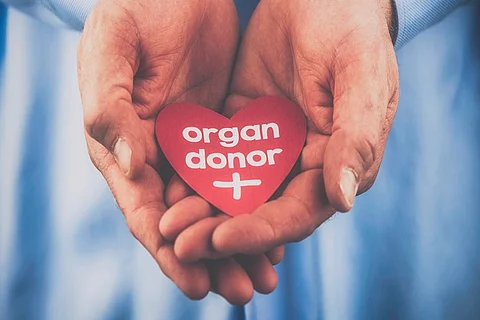

In a major decision, the Kerala state legislature on Thursday, granted permission to prisoners in the state to donate their organs to immediate family members.
In order to do so, the prisoners will have to first seek permission from the medical board and also from the particular court that prosecuted them.
While in hospital, the prisoner's stay period will be considered as parole and the treatment expenses incurred will be borne by the jail department.
The jail authorities will also be responsible for the supervision of the prisoner’s diet regime prescribed by the doctor.
This is the first time that the Kerala Prison Rules have come out with a provision for prisoners to donate organs.
“Organ donation is a serious matter and the government was concerned about prison inmates asking for remission of their term seeking sympathetic consideration,” said R Sreelekha, Director of Prisons and Correctional Services, speaking to TNM.
She added that the Kerala Prison Rules until now allowed only blood donation.
“Prisoners get a 15-day remission of jail term, each time he or she donates blood, especially in cases of rare blood groups. Of late, some prisoners also showed willingness to donate organs,” said Sreelekha.
What’s interesting to note is that there will be no leniency or remission of jail term for prisoners because of the organ donation.
The inmates are not entitled to special remission of jail term from the government and will only get remission from superintendent and DGP of the prison.
On the issue of restricting organ donations to immediate family members, Sreelekha said, “Organ donation to persons other than family is a much more complicated process. Prisoners will have to undergo organ matching tests and visit the hospital several times. They will also have to be produced before a council of doctors, receive a police certificate and undergo several other procedures. Donating to family members is much easier.”
She also added that even the inmates are inclined towards donating to family members and not as a social service.
This decision to allow organ donation was inspired by a Kannur prison inmate, P Sukumaran’s appeal to donate his kidney to a family member.
However, the potential recipient of his kidney passed away before the donation could take place as the rule wasn’t in place then, according to a statement put out by the cabinet.
“We have been brought to notice that two inmates have expressed interest in donating their organs. This shows that this rule could bring about positive change by saving lives,” she said.